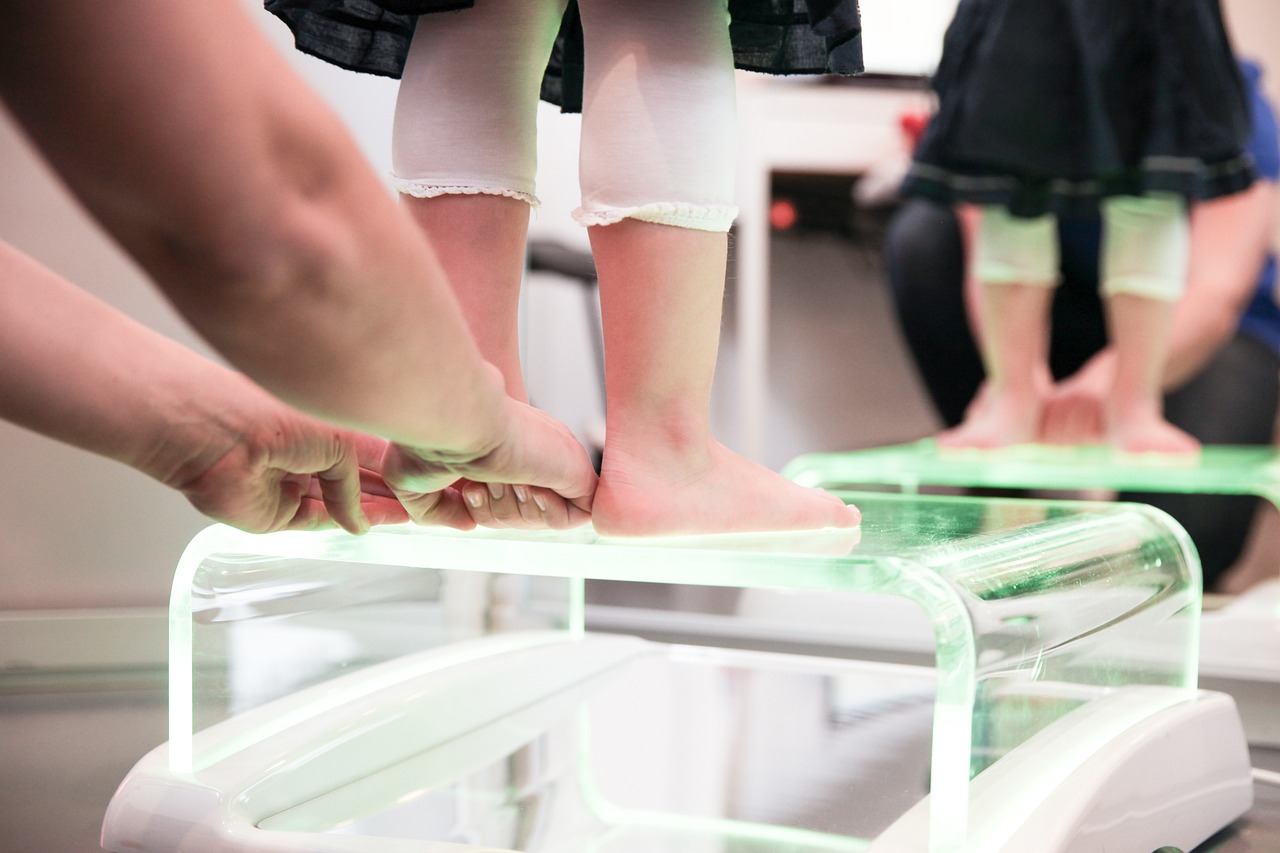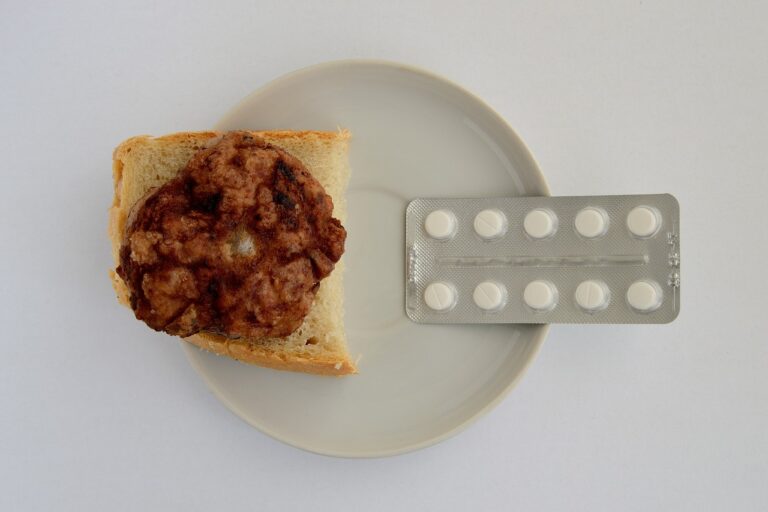The Impact of Cultural Competence in Geriatric Healthcare
Cultural competence in geriatric healthcare plays a vital role in ensuring the overall well-being of elderly patients. As individuals age, their cultural background significantly influences their beliefs, values, and healthcare preferences. Without a deep understanding of these cultural nuances, healthcare providers may unintentionally overlook important aspects of care, leading to misunderstandings, mistrust, and ultimately, poor health outcomes for elderly patients.
Moreover, practicing cultural competence in geriatric healthcare promotes a more inclusive and respectful healthcare environment for elderly individuals from diverse cultural backgrounds. By acknowledging and respecting the unique cultural identities of elderly patients, healthcare providers can foster stronger patient-provider relationships built on trust and mutual understanding. This, in turn, can lead to improved communication, adherence to treatment plans, and ultimately, better health outcomes for elderly patients in geriatric care settings.
Understanding the Cultural Background of Elderly Patients
In geriatric healthcare, it is crucial to recognize and respect the cultural background of elderly patients. Cultural beliefs, values, traditions, and practices greatly influence the way individuals perceive health and healthcare. Understanding these cultural aspects can help healthcare providers deliver more effective and patient-centered care to elderly patients.
By gaining insight into the cultural background of elderly patients, healthcare professionals can tailor their approach to meet the unique needs and preferences of each individual. This may include incorporating traditional healing practices, dietary preferences, or religious beliefs into the care plan. Building trust and rapport with elderly patients becomes easier when healthcare providers demonstrate cultural competence and sensitivity in their interactions.
Addressing Language Barriers in Geriatric Healthcare
Effective communication is the cornerstone of providing high-quality healthcare to elderly patients. Language barriers can significantly impede this communication process, leading to misunderstandings, errors in treatment, and overall dissatisfaction with healthcare services. The inability to effectively communicate with geriatric patients due to language differences can hinder the delivery of appropriate care tailored to their specific needs, potentially compromising their health outcomes.
Healthcare providers must adopt strategies to bridge language barriers in geriatric healthcare settings. Utilizing professional interpreters, offering multilingual materials, and using visual aids can enhance communication and ensure that elderly patients fully comprehend their medical conditions, treatment plans, and medication instructions. By prioritizing effective communication through these methods, healthcare professionals can foster trust, improve patient satisfaction, and ultimately enhance the quality of care provided to elderly individuals from diverse linguistic backgrounds.
Addressing Language Barriers in Geriatric Healthcare
Effective communication is the cornerstone of providing high-quality healthcare to elderly patients. Language barriers can significantly impede this communication process, leading to misunderstandings, errors in treatment, and overall dissatisfaction with healthcare services. The inability to effectively communicate with geriatric patients due to language differences can hinder the delivery of appropriate care tailored to their specific needs, potentially compromising their health outcomes.
Healthcare providers must adopt strategies to bridge language barriers in geriatric healthcare settings:
• Utilizing professional interpreters
• Offering multilingual materials
• Using visual aids
By prioritizing effective communication through these methods, healthcare professionals can foster trust, improve patient satisfaction, and ultimately enhance the quality of care provided to elderly individuals from diverse linguistic backgrounds.
Why is cultural competence important in geriatric healthcare?
Cultural competence is important in geriatric healthcare because it helps healthcare providers understand and respect the diverse cultural backgrounds of elderly patients. This leads to better communication, trust, and ultimately, improved healthcare outcomes.
How can healthcare providers understand the cultural background of elderly patients?
Healthcare providers can understand the cultural background of elderly patients by learning about their traditions, beliefs, values, and communication styles. This can be done through training, cultural sensitivity workshops, and building relationships with patients.
How can language barriers be addressed in geriatric healthcare?
Language barriers in geriatric healthcare can be addressed by using professional interpreters, providing translated materials, using visual aids, and utilizing technology such as language translation apps. It is important to ensure that elderly patients can effectively communicate with their healthcare providers.







